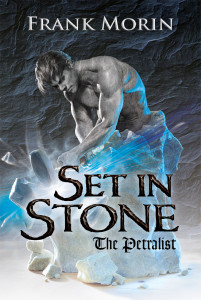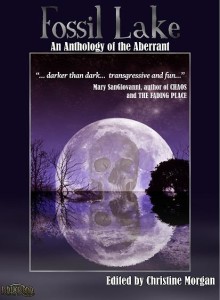Big adventure.
Lots of humor.
May 1st saw the release of Set in Stone in both hardcover and ebook format!
The release of Set in Stone was a long time in coming and a huge milestone. It kicked off the 8 books in 8 months publishing blitz I’m trying to do this year, and launched the Petralist series, a YA fantasy series that’s already being enjoyed by a wide audience, from middle-schoolers to adults.
Tomorrow, at sixteen, Connor will reveal his secret curse to the world and take his place as a guardian.
If he survives today.
When armies descend upon his peaceful village, led by superhuman Petralists and clever Builders, most people run and hide. Connor’s not that smart. He manages to get caught in the middle of the escalating conflict. Worse, he learns his curse is the rarest of powers, and both sides will do anything to control it and secure his loyalty. Connor is fast, but even he can’t outrun this avalanche.
Truths are sacrificed, loyalties are sundered, and dangerous girls twist his heart into knots.
That’s when things get complicated.
While his friends try to free the village under siege, Connor peels back layers of intrigue and half-truths to find secrets neither side wants him to know. Surrounded by deadly enemies that all claim to be his friends, Connor must choose a course with the lives of everyone he loves hanging in the balance.
His only hope is to gamble everything on a curse that could destroy them all unless his final choice is Set in Stone.
The book launch was a great experience. In fact, I blogged about it here.
You can find Set in Stone at every ebook retailer. Hardcovers are available online as well, or you can order signed copies directly from me. I’ll have my website (www.frankmorin.org) updated soon with the shopping cart. Until then, feel free to contact with requests.
The sequel, No Stone Unturned, is expected to be released in August.
#8books8months #SetinStone


